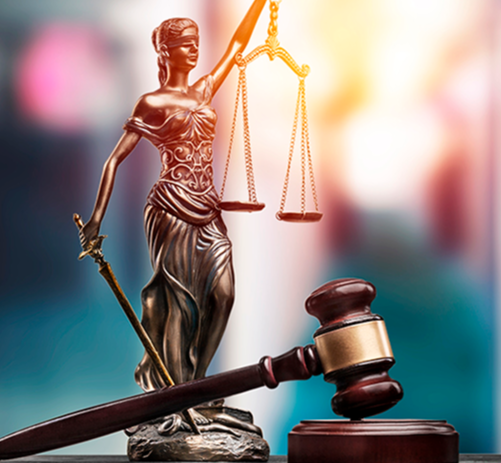Лоер
Individual information searching in open-data: Legal aspects and limitations
Introduction:
In the modern information society, where access to information is becoming more and more open and wide thanks to the development of the Internet and technologies, the issue of personal verification of information in open data becomes extremely relevant. This text proposes to carry out a legal analysis of this type of inspection, to determine the legal aspects and limitations associated with its implementation.
Legal context:
Personal verification of information in open data is associated with a number of legal aspects, in particular:
Personal Data Protection Legislation: The collection and processing of information about individuals, which may be obtained from open sources, must comply with the requirements of personal data protection legislation. This means that such verification must be carried out in compliance with the principles of legality, fairness and transparency, as well as with the consent of the data subject, if necessary.
Right to confidentiality and privacy: An individual has the right to protect his privacy and the confidentiality of his personal data. Personal verification in open data must comply with this right and cannot violate the personal sphere of a person without his consent or on legal grounds.
Restrictions on the processing of personal data: Legislation may impose restrictions on the processing of certain categories of personal data, such as special categories of data or criminal record data. Personal verification in open data must take into account these limitations and follow the relevant rules for the processing of such data.Practical aspects:
Obligation to inform: Organizations or persons conducting personal verification in open data must inform data subjects about the purposes and methods of such verification, as well as about their rights in accordance with the legislation on the protection of personal data.
Ensuring the accuracy and reliability of information: Organizations or individuals performing background checks must be confident in the accuracy and reliability of the information they receive from open sources. They are also required to avoid using false or inaccurate information when making decisions about individuals.
The concept of scanners and their functions:
A scanner is a device used to digitally read and convert physical documents (such as paper documents, cards, photos, etc.) into an electronic format. The main functions of scanners include reading text, images and other elements of a document in order to save them digitally for later use.
In areas where a high level of security and authentication is required, such as financial institutions, government agencies, medical institutions, and others, scanners are used for personal verification. This includes checking the originality and validity of the documents presented, as well as checking the biometric data of the person presenting the documents.
Legal aspects of using scanners in personal verification:
Legislation on the protection of personal data: When using scanners in personal verification, it is necessary to comply with the relevant legislation on the protection of personal data.This includes requirements for the collection, storage and processing of personal information in order to prevent its unauthorized access and use.
Authentication and access authorization: The use of scanners for personal verification is also associated with the need to define procedures for authenticating individuals and establishing access rights to the received data. This may include the use of biometric data or other methods of identification, as well as the management of access rights to stored data.
Legal restrictions and information retention requirements: Legislation may also impose restrictions and requirements on the retention and destruction of information obtained through scanners. This may relate to data retention periods, as well as requirements for the secure destruction of information after the end of its useful life.
Conclusion:
Personal verification of information in open data is important for many areas of activity, but its implementation is associated with a number of legal aspects and restrictions. A legal analysis of this issue helps ensure compliance with the law and protection of data subjects' rights in this context.
































